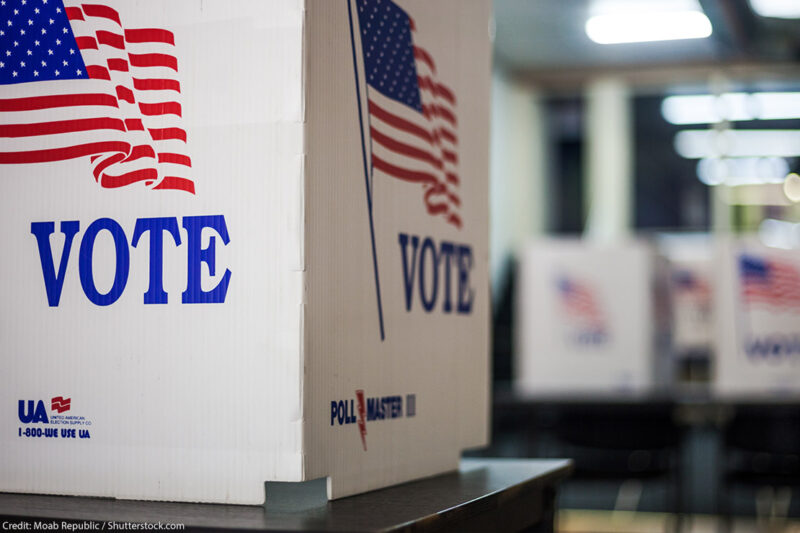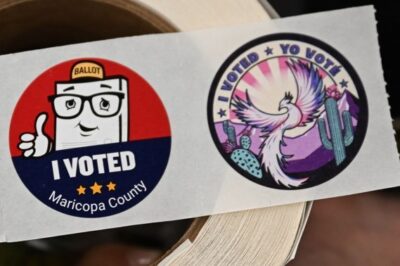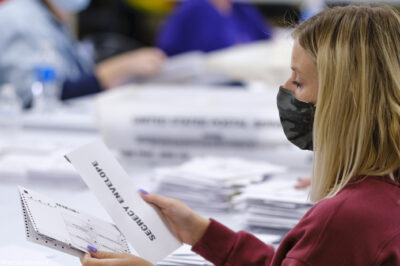Friends Ask Friends to Vote


The midterm elections are coming, but voting can be confusing and overwhelming. People want to be good voters. They want to make informed choices about who to vote for and how to vote on issues. The rise of election disinformation, coupled with the billions of dollars spent on campaign advertisements, make it hard to sort through the facts. Voters are looking for trusted sources for information about what issues and candidates are on their ballots. That’s where you come in.
Successful campaigns are created by a blend of political art and science. Magic happens when a candidate connects with voters through passionate ideas about how to make the world a more equitable and just place, or a ballot measure gives people the power to vote directly for policy changes that will make their lives better. But campaign practitioners also use data analytics and experiments to run smarter, more effective campaigns. The science of campaigns allows us to hone our tactics so we can spend time, money, and energy on activities that will be most impactful on the election. Recent studies show that communication between people with pre-existing relationships and among social networks can have a positive effect on voter turnout because of the credibility inherent in personal relationships. In other words, a friend-to-friend conversation about the upcoming election can increase the likelihood that a person will vote, because they know and trust their friend.
This year our midterm strategy asks ACLU supporters like you to vote for your values, and then connect with your friends and family to urge them to fight for their rights by voting, too. A family member, friend, colleague, or acquaintance is a much better and more trusted messenger than a stranger, campaign ad, or social media post. Tests show that a friend-to-friend contact can increase voter turnout by up to 8 percent and have up to two times more impact than a cold call, text, or door knock. So if just 500 of our millions of ACLU supporters remind three friends to vote who otherwise wouldn't have, that’s 1,500 additional voters this cycle. If 5,000 do so, we’ll be turning out 15,000 more voters. Remember, both Arizona and Georgia were won by less than 15,000 votes in 2020. So this can have a real impact.
And the best part? You can have an impact by doing something you already do every day — talking to the people you know. First, make a list of your people: friends, family, and community groups you are a part of; people you see regularly; and people you work with. Next, identify who on that list aligns with our ACLU values, but may not always vote. Then, let them know there’s an important election coming up and help them make a plan to vote (when, where, and how). Call them if you usually call them, text them if you typically text them, or talk to them when you see them next. We’ll also provide you with a conversation guide in the coming weeks that you can share with them.
Many competitive elections are decided by only a handful of votes or by fractions of a percent. Our rights are on the ballot this year, so we can’t leave any votes on the table by not reminding friends and family to vote. By talking with our existing networks about the upcoming election, ACLU supporters can make the difference in elections across the country to vote for our values and fight for our rights.



